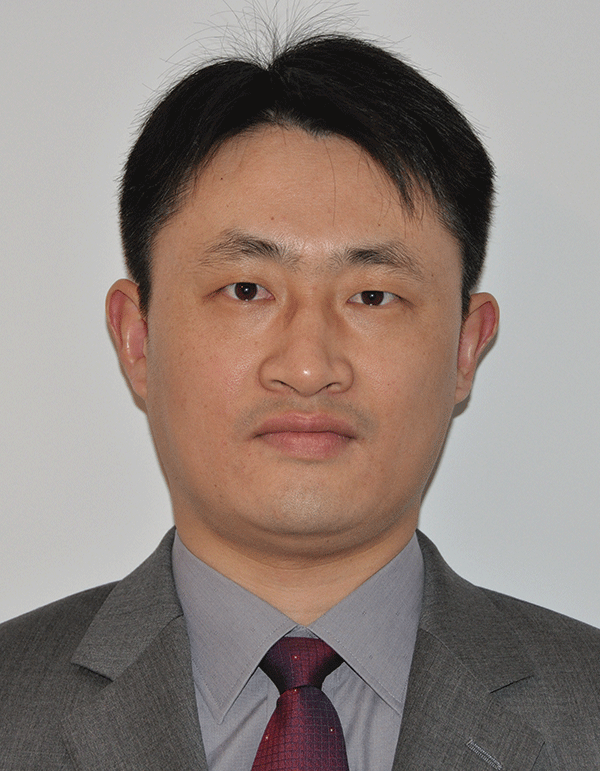 Minhua Shao is an associate professor at the Hong Kong University of Science and Technology, where he leads a research group pursuing work in advanced material and electrochemical energy technologies. Shao’s current work focuses on electrocatalysis, fuel cells, lithium-ion batteries, lithium-air batteries, CO2 reduction, and water splitting. Shao was recently named an associate editor of the Journal of The Electrochemical Society in the area of fuel cells, electrolyzers, and energy conversion.
Minhua Shao is an associate professor at the Hong Kong University of Science and Technology, where he leads a research group pursuing work in advanced material and electrochemical energy technologies. Shao’s current work focuses on electrocatalysis, fuel cells, lithium-ion batteries, lithium-air batteries, CO2 reduction, and water splitting. Shao was recently named an associate editor of the Journal of The Electrochemical Society in the area of fuel cells, electrolyzers, and energy conversion.
The Electrochemical Society: What do you hope to accomplish in your new role as associate editor of the Journal of The Electrochemical Society?
Minhua Shao: As an associate editor, I hope to accelerate the manuscript handling process by identifying suitable reviewers and making fair decisions. I also hope to promote the journal at conferences and among peers, attracting high-quality manuscripts.
ECS: How has scholarly publishing evolved throughout your career?
MS: Scholarly publishing has changed significantly in the past two decades. Now researchers have many more choices on which journals to publish their results. The adoption of the so-called impact factor in assessing the quality of journals/papers has misled the scientific community. More seriously, there is a trend that scholarly publishing is more of a business than a platform for sharing research results.
ECS: Why is the peer review process so important in scholarly publishing?
MS: Peer review is an irreplaceable process in scholarly publishing. It minimizes the possibility of reporting wrong results, interpretations, and unsupported claims. It is also a powerful tool to control the quality of a journal.
ECS: How has open access impacted scholarly communications?
MS: More and more new scientific journals chose open access by charging publishing fee instead of subscription fee to cover the publishing cost. This new publication model certainly has attracted a considerable amount of manuscripts for various reasons. Even some traditional journals offer open access option. In my view, open access will be the future of scientific publishing.
ECS: Why should authors publish in ECS journals?
MS: ECS journals have gained their reputations since the establishment of The Electrochemical Society in 1902. A lot of major breakthroughs in electrochemistry and electrochemical engineering were firstly reported in ECS journals. When I started my graduate studies in corrosion back at Xiamen University in the early 2000s, the first thing we did every month was go to the library and check out the new issue of Journal of the Electrochemical Society. For more than 100 years, ECS journals have maintained an editorial board containing responsible experts, who have assured the high quality of publications.

